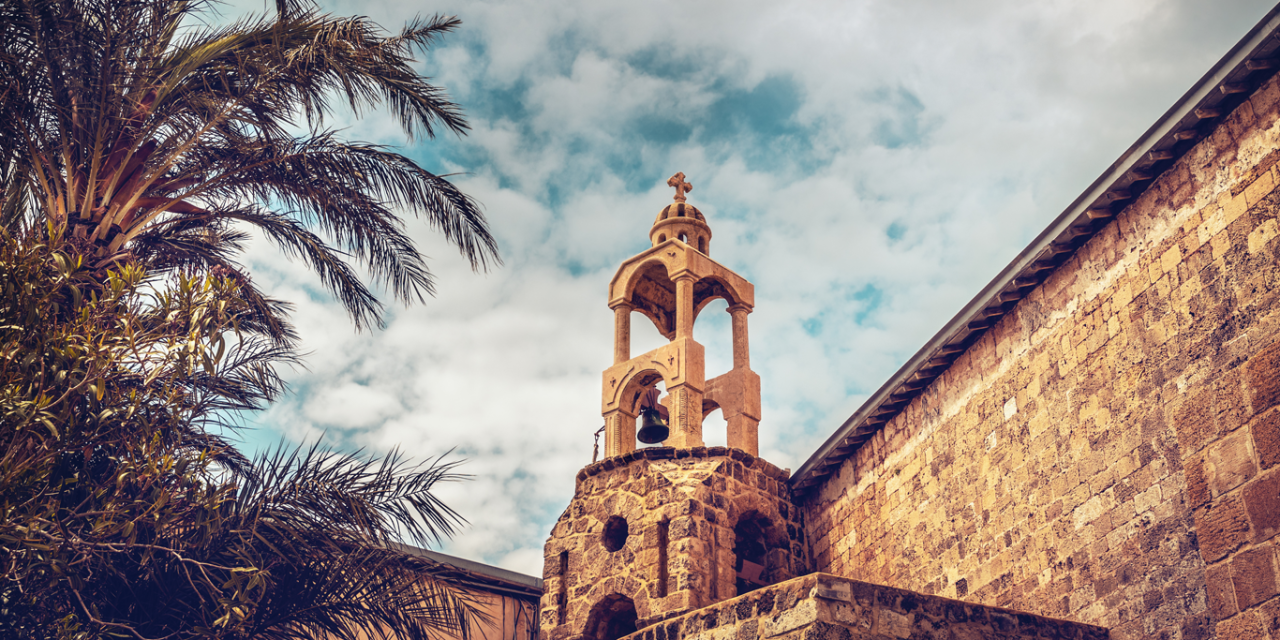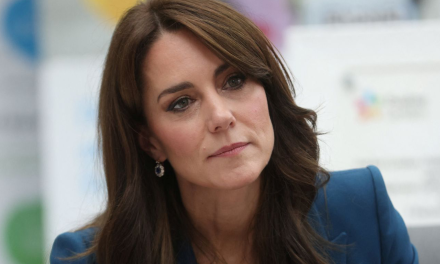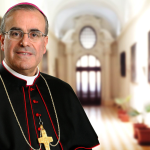Tensions are rising in Lebanon as the country’s political and religious authorities remain at loggerheads over when the clocks should go forward. The dispute has resulted in people waking up in two rival time zones, with some following the government’s decision to delay daylight saving until the end of Ramadan next month, while others have opted to change their clocks on the last Sunday in March, as happens most years.
The issue has exposed the deep divisions that still exist in a country where Christian and Muslim factions waged a civil war in the late 1970s and 1980s, and where political positions are shared between religious groups. The situation has sparked concerns that the dispute could escalate into a larger conflict.
Caretaker Prime Minister Najib Mikati, a Sunni Muslim, announced his decision to delay the start of daylight saving until midnight on 20 April, which would allow Muslims to break their daily fast earlier during Ramadan. However, the influential Christian Maronite Church has disregarded the decision, calling it “surprising.” Many businesses have followed suit with the Church, further complicating the issue.
While Mr. Mikati did not give a reason for the move, many commentators believe that it is an attempt to boost his popularity during Ramadan. The Muslim holy month began on 22 March and ends on 21 April.
The controversy surrounding the daylight saving time change has brought to the surface a range of long-standing grievances between the country’s religious communities. There are concerns that if the dispute is not resolved soon, it could lead to further tensions and even violence.
The situation in Lebanon is being closely monitored by regional and international powers, who fear that any escalation of the conflict could have serious consequences for the wider Middle East. As the situation unfolds, all eyes will be on the country’s political and religious leaders to see if they can find a solution that satisfies all parties and prevents further unrest.
















